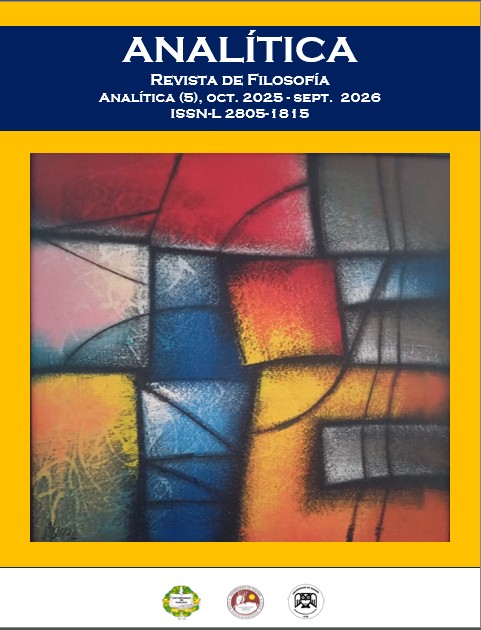

Copyright (c) 2025 Analítica

Este trabalho está licenciado sob uma licença Creative Commons Attribution-NonCommercial-ShareAlike 4.0 International License.
In this paper, I explore the relationship between radical contextualism and compositionality. Radical contextualism is a family of theories defending that a sentence’s meaning in natural language is always invariant because it is too broad and unspecified to be otherwise and requires contextual adjustment. Compositionality is the idea that a sentence’s complex meaning comprises its parts. I shall evaluate whether radical contextualism benefits from including compositionality to explain linguistic meaning in natural language. Including compositionality might allow us to formalize aspects of radical contextualism and explain meaning-formation more precisely. I shall argue, nonetheless, that the classical notion of composition fails to account for the interpretation of sentence meaning in natural languages (as guided by a radical contextualist theory). An open compositionality scheme is crucial since I understand meaning-determination as a decision-making task. To explain how we understand sentences in natural language, open compositionality must be used to formulate a radical contextualist theory. I shall also offer a novel metatheory encompassing open compositionality and radical contextualism.